Soldering is a fundamental process in electronics, ensuring strong and reliable connections between components. While lead-free alternatives have emerged due to environmental regulations, tin lead solder remains a preferred choice in many applications due to its superior performance and ease of use. But what makes tin lead alloy solder so special? Let’s dive into its properties, applications, and why it remains a staple in electronic manufacturing.

What is Tin Lead Alloy Solder?
Tin lead solder is a metallic alloy primarily composed of tin (Sn) and lead (Pb), commonly found in ratios like 60/40 solder (60% tin, 40% lead) and 63/37 solder (63% tin, 37% lead). These compositions offer different melting points and flow characteristics, making them ideal for various soldering applications. The Sn-Pb solder formula has been widely used for decades due to its balanced properties of strength, flexibility, and electrical conductivity.

Tin Lead Solder Properties
- Melting Point: The melting temperature of tin lead solder varies based on composition. 60/40 solder has a melting range of 183-190°C, while 63/37 solder is eutectic, melting at exactly 183°C.
- Electrical Conductivity: Due to its excellent electrical properties, tin lead solder is widely used in PCB manufacturing.
- Ductility & Strength: The lead content provides flexibility, reducing the risk of cracks under thermal stress.
- Ease of Use: Unlike some lead-free solder variants, tin lead solder flows smoothly and solidifies predictably, making it easier to work with.
Tin Lead Solder vs Lead-Free Solder
The transition to lead-free solder was driven by environmental and health concerns. However, many professionals still prefer lead-based solder due to its:
- Lower melting point, reducing thermal stress on components.
- Easier application and better flow characteristics.
- Superior wetting properties, ensuring strong, reliable joints.
- Long-term reliability, especially in mission-critical aerospace and military electronics.
However, industries like consumer electronics have largely shifted to lead-free options to comply with RoHS (Restriction of Hazardous Substances) regulations.
Applications of Tin Lead Solder
Despite restrictions in some industries, tin lead solder remains indispensable in:
- Electronic Circuit Boards: Used in PCBs for aerospace, military, and industrial equipment.
- Electrical Wiring: Ensures strong and durable connections.
- Plumbing & Pipe Joints: Traditionally used in plumbing applications before lead-free standards were introduced.
- Automotive Electronics: Used in critical electronic systems requiring long-term durability.
Best Tin Lead Solder for Electronics
When choosing tin lead solder for circuit boards, the composition is crucial:
- 60/40 Solder: Versatile and widely used, offering good strength and ease of use.
- 63/37 Solder: Preferred for precision work due to its eutectic nature, solidifying instantly from liquid to solid without a pasty phase.
- High-Purity Tin Lead Solder: Essential for aerospace and military-grade applications where reliability is non-negotiable.

How to Use Tin Lead Solder Properly
To achieve optimal results when using tin lead solder, follow these steps:
- Choose the right solder: Select between 60/40 vs 63/37 solder based on the application.
- Prepare the Surface: Clean the metal surfaces to remove oxidation.
- Use Flux: Apply flux to improve wetting and adhesion.
- Apply Proper Heat: Use a controlled soldering iron temperature to avoid overheating.
- Ensure a Strong Bond: Allow the solder to flow naturally and cool gradually.
Where to Buy Tin Lead Solder?
If you’re looking for high-quality tin lead solder, sourcing from reliable suppliers is key. MetalsTek offers a wide range of tin lead soldering wire and soft soldering alloys tailored for industrial and electronic applications. Whether you need high-purity tin lead solder or specialized formulations, we can provide custom solutions to meet your needs.
Conclusion
While lead-free solder is now a standard in many industries, tin lead alloy solder continues to be a trusted choice in applications demanding precision, reliability, and ease of use. Whether you’re working on electronic circuit boards, wiring, or industrial applications, choosing the right solder can make all the difference. Contact MetalsTek today for premium tin lead solder solutions customized to your requirements.
